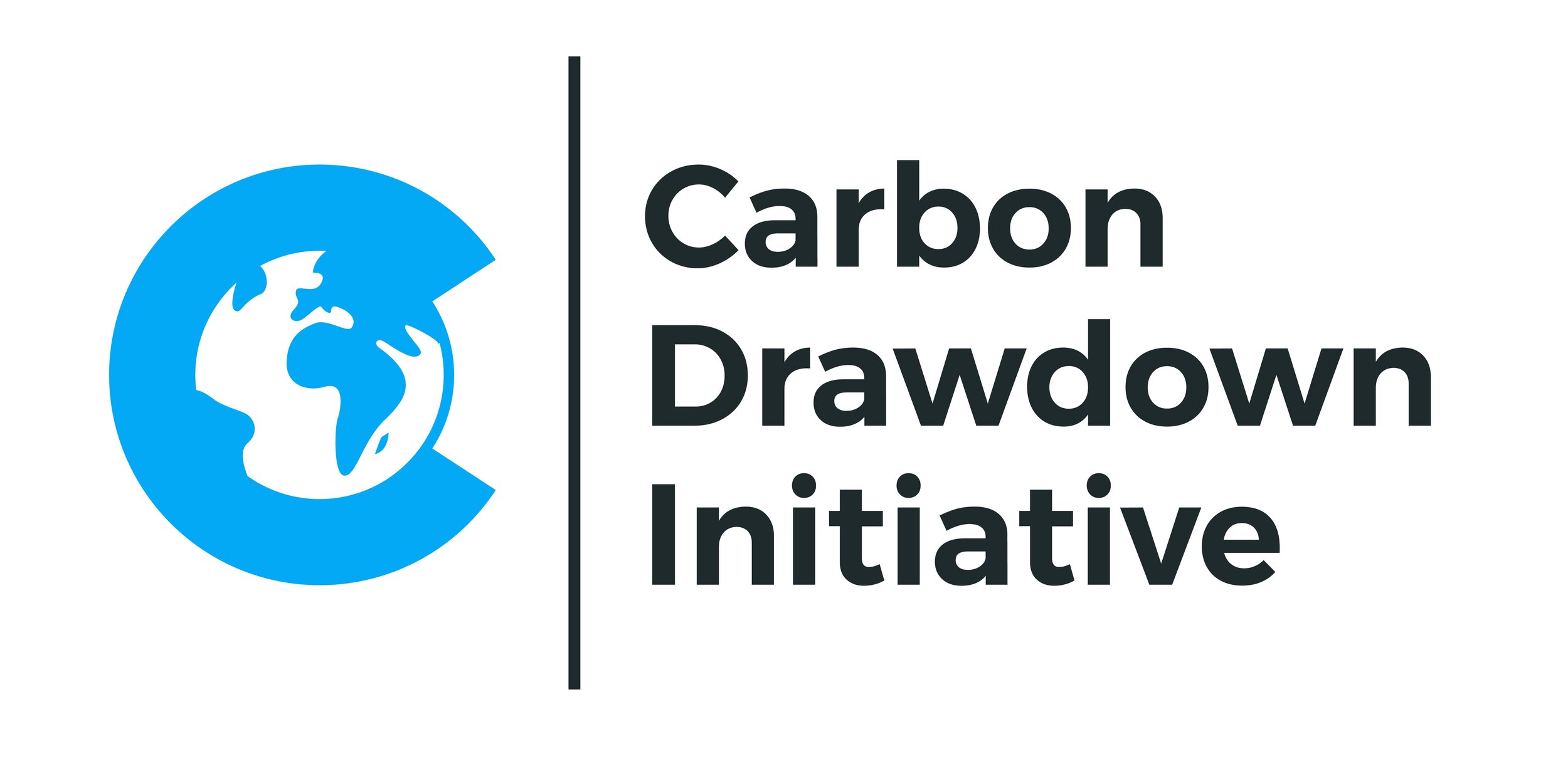The Problem
The earth is already at +1.2 °C warming, at the poles even at over 2 °C warming. Climate scientists currently expect the temperature to rise to 2.7-3 °C by 2100, with a rise in sea level of 1-2 meters and many others serious consequences. With that, civilization will not collapse, but the effects will still be catastrophic. Already now, at 1.2 °C, we are seeing dramatic changes (heat waves, extreme weather events, wildfires in California, Brazil and Australia, but also the death of the coral reefs, shifting of climate zones to the north, etc.). Every tenth of a degree less is important.
The physics in this are tough: temperatures will continue to rise as long as we continue to burn fossil carbons and thus increase the proportion of CO₂ in the atmosphere. If we burn less oil, gas and coal per year, the increase will only take longer, but in the end the result of warming will be the same. As a result, our greenhouse gas emissions not only have to decrease, but got to ZERO. Soon. And the excess CO₂ has to be removed from the atmosphere.
While the Corona crisis will probably be over in 2-3 years, the climate crisis will remain one of the most urgent future problems for mankind. We are not available for doom scenarios. Because we humans already know what we have to do to stop global warming - we just have to implement it. Perhaps the “pause” forced by the Corona virus is even a chance!
The (non) reaction of the world
We are seeing that at the moment in many countries especially in some key countries (USA, RUS, BRA, AUS, IND, but also EU and FRA), the actors involved at political and government levels seem incapable or unwilling to face the urgent challenges of the climate crisis and to react at a reasonably high speed (as can be seen from the failing of the Madrid climate conference).
Instead of actively adapting the economy and society for the future, the status quo ist still maintained in many places. But it is precisely this status quo that prevents CO₂ emissions from being reduced (e.g. car manufacturers who prefer to further sell more SUVs than electric cars or government regulations that threaten solar and wind industries).
Necessary steps at national and international level would in particular be a CO₂ tax (100-200 € per ton), the promotion of research for and use of renewable energy, a predictable, legal exit from the use of coal, oil and gas for heating / mobility and for energy generation by 2050 - overall goal: “electrify everything”.
So if the national leaders are not (yet) doing the right thing, what do we do? “Yet”, because at some point no government in the world will be able to avoid the further dramatizing consequences of global warming, physics is simple having the upper hand on this. It is a shame, that there has to be more suffering, damages and victims before a rethinking finally starts.
Citizens, companies and organizations can already take many small steps for the climate, but we will certainly not be able to solve the problem without the cooperation of the word´s legislators. In the long term, we will only achieve the zero-emissions target with substantial tax and support programs and through laws that force the end of climate-damaging activities, regardless of whether the individual wants that or not. And these laws will have to be enforced against strong, rich lobbies because, among other things, they mean the end of “Big Oil”.
Continue with: What we do.

